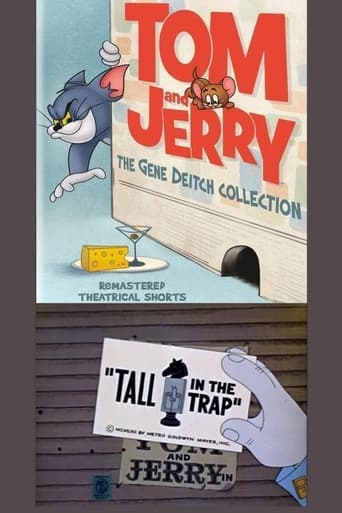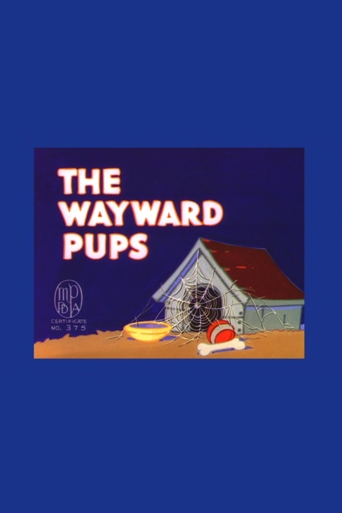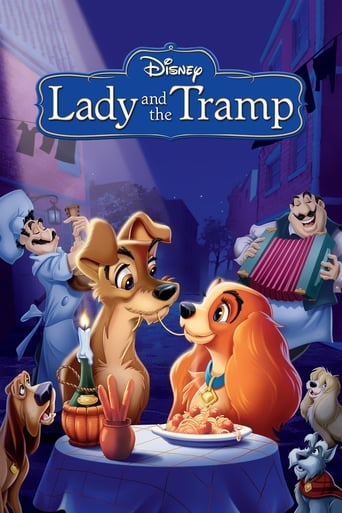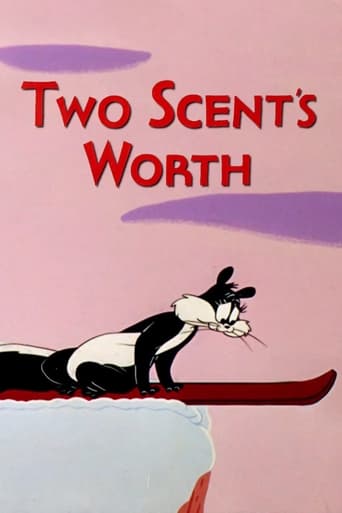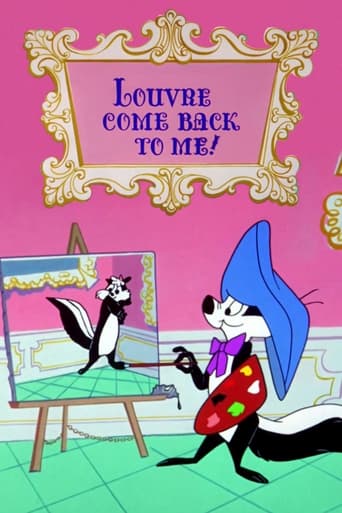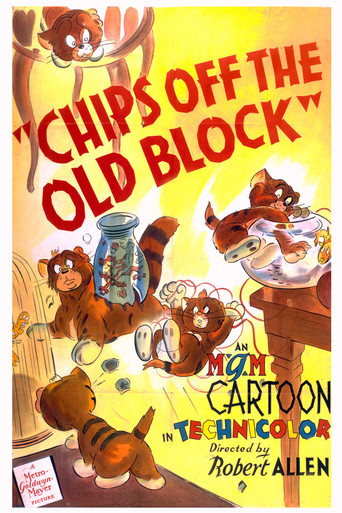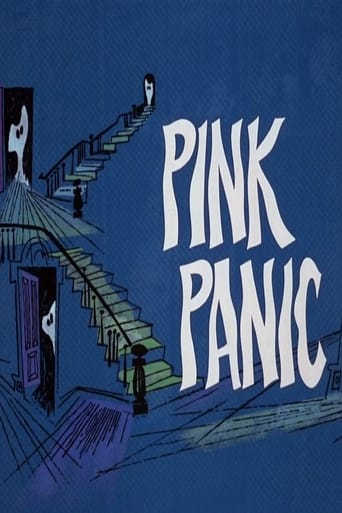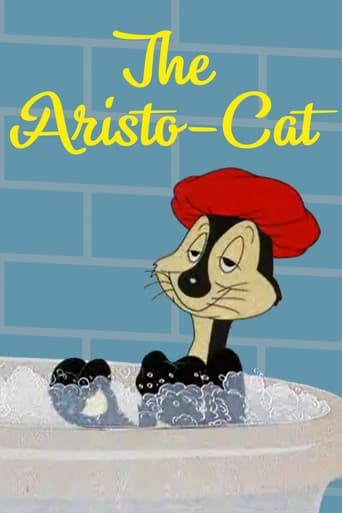
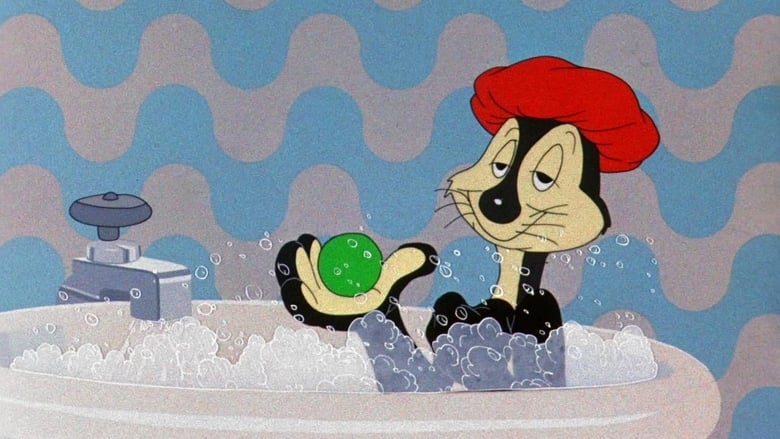
The Aristo-Cat (1943)
Meadows the butler quits after being tormented by the spoiled family cat, who finds he is unable to survive on his own, especially after meeting the mice Hubie and Bertie.
Watch Trailer
Cast
Similar titles
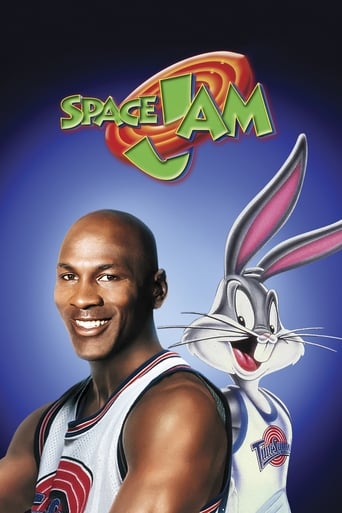
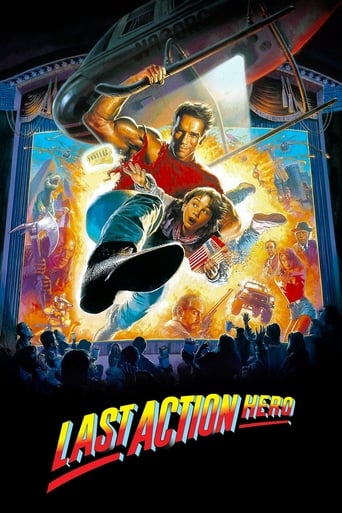
Reviews
From my favorite movies..
best movie i've ever seen.
The joyful confection is coated in a sparkly gloss, bright enough to gleam from the darkest, most cynical corners.
The tone of this movie is interesting -- the stakes are both dramatic and high, but it's balanced with a lot of fun, tongue and cheek dialogue.
On the most part, The Aristo-Cat is very good and entertaining. Sadly it is rather let down by the second half, the pace starts to lag here, while the outcome is predictable and gives the sense that the cartoon had run out of ideas. The bulldog is a decent enough character but the least memorable and funny character of The Aristo-Cat, kind of too much of a plot device for some sort of conflict for Pussy. Pussy however is a very strong character, for one whose screen time is relatively short, he is highly amusing but you feel sorry for him at the same time. The mice Hubie and Bertie are very funny and interesting too, though they are in the part of the cartoon that doesn't quite do their talents justice. The animation is wonderful though, bright, colourful, fluid and detailed. The highlight is Pussy's breakdown, a startling and brilliantly strange sequence, it's been said that it is one of the best breakdowns/mental collapses in cartoon history and personally there is no dispute there. The music has nearly always been a large part of any animated short(Looney Tunes and Disney are especially true to this), that's true with The Aristo-Cat as well. It sounds beautiful and full of energy and character, the use of pre-existing classical pieces are enough to delight any fans of classical music(raising a very proud hand here). The dialogue and gags in the first half are hugely entertaining, and while the story is very thin structurally the first half is paced well, second half not so much, and has its charm. The voice work is terrific, you can never go wrong with Mel Blanc, one of the gods of voice acting. On the whole, definitely recommended though the second half doesn't quite live up to what was so good about the first. 7/10 Bethany Cox
Chuck Jones's 'The Aristo-Cat' is a visual masterpiece which is slightly hampered by a very thin plot. The first of Jones's short lived Hubie and Bertie series about two frequently cruel and sadistic mice and their tendency to prey on the emotionally frail, 'The Aristo-Cat' reduces the star character's roles to virtual cameos. The Hubie and Bertie films have always been amongst my favourite cartoons but the two rodents add very little to this short and their roles could just as well have been filled by any generic mouse characters. However, 'The Aristo-Cat' pays less attention to the normal conventions of plot and instead throws the spotlight on the tremendous nervous breakdown of Pussy the cat. A spoiled feline who pushes his butler, Meadows, too far and then finds himself with no-one to look after him, Pussy makes the most of his short time in the spotlight (he was usurped by the similarly jittery Claude Cat) by having one of the all time great mental collapses in cartoon history. As he runs around the huge, empty mansion screaming "MEADOWS" in vain, the startling abstract backgrounds, filled with angular shapes of vivid colours, move around behind him reflecting his encroaching madness to incredible effect. It's so luscious to behold that the arrival of Hubie and Bertie actually comes as a disappointment and brings the cartoon to a sadly predictable conclusion (including a hugely unsatisfactory deus ex machina ending). Happily, by this stage 'The Aristo-Cat' has already established itself as a must see and, while its eventual disintegration prevents it from entering the annals of the genuinely classic, the cartoon's first half ranks alongside some of the most startling imagery of any Warner cartoon.
As always, Chuck Jones's wise-guy mice Hubie and Bertie (making their debut) play tricks on an unsuspecting feline. While "The Aristo-Cat" has a fairly routine plot, the background catches my attention. The slanted angles look more like what I would expect in a Salvador Dali painting (Bob Clampett used Daliesque angles to a great degree in "The Great Piggy Bank Robbery"). But it's not just the angles. The colors - resembling those in Jones's "The Case of the Missing Hare" - obscure all perspective. This has to be the least pleasant place for a cat to attack a dog, believing the dog to be a mouse! So this is far from a masterpiece, but the background should draw interest. Even more than the fact that it's Hubie and Bertie's debut. Jones branched out their personalities in "Mouse Wreckers", "Cheese Chasers" and "The Hypo-Chondri-Cat".
Well, after reading a couple of the other reviews here, I feel a little better. I thought maybe I missed something, thinking this animated short was pretty weak. Apparently, others agree.It might have been a landmark of sorts with the introduction of Claude The Cat and the two mice, Hubie (his name wasn't mentioned in this cartoon) and Bertie, but that doesn't mean it was entertaining. It wasn't, except for some of the artwork. This was the first of seven "Hubie and Bertie" cartoons.Claude was just not-funny stupid, and sadistic. Forced to fend for himself after "Meadows" the butler quits after being abused by the cat, Claude finds himself clueless. He has no idea how to do anything for himself. Apparently he doesn't even know what a mouse or a dog looks like, despite the fact there is a dog in the house.When he encounters the mice, he is scared out of his mind and runs for the hills. Finally, he winds up talking to them and they take advantage of the situation. Overall, this offers almost nothing in the way of laughs except one quick scene when Claude first meets the bulldog, face-to-face.



